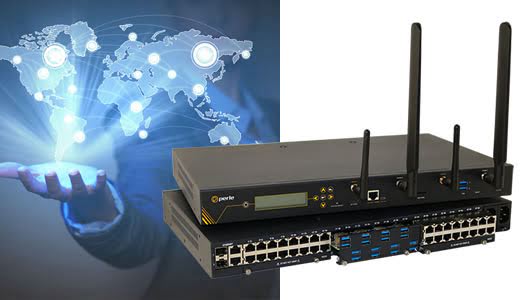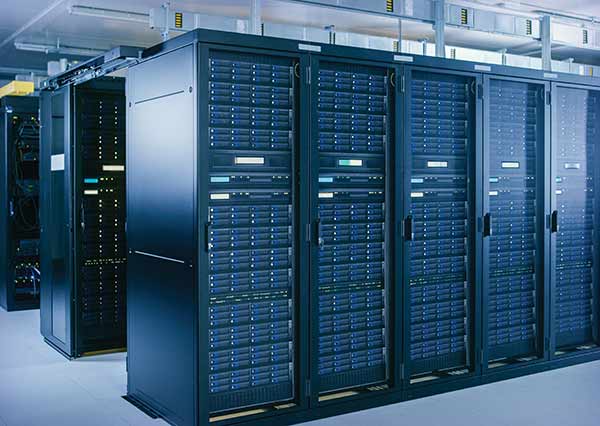Console Server: Why Does Your Business Need One?
In today’s fast-paced digital landscape, maintaining uninterrupted IT operations is critical for businesses. With the increasing complexity of IT infrastructures, ensuring secure and efficient access to network devices has become a top priority. This is where a console server comes into play.
What is a Console Server?
A console server, also known as a terminal server, is a hardware device or software solution that provides centralized management of IT equipment via serial or network connections. It acts as a gateway, enabling administrators to monitor, access, and troubleshoot network devices such as routers, switches, firewalls, and servers remotely.
Unlike traditional methods of managing IT equipment, which often require physical access, a console server allows secure out-of-band (OOB) management. This means administrators can access and control devices even when the primary network is down.

Key Features of a Console Server
- Remote Access: Provides secure remote access to devices via SSH, Telnet, or web interfaces.
- Out-of-Band Management: Ensures connectivity even during network outages or system failures.
- Centralized Control: Consolidates multiple device connections into one interface for streamlined management.
- Security: Offers encryption, user authentication, and logging to ensure safe operations.
- Scalability: Supports multiple serial ports or network connections to manage a wide range of devices.
How does it work?
A console server connects to the serial or network ports of IT devices. Administrators can log in to the console server remotely and access the command-line interface (CLI) of connected devices. This functionality is particularly useful for troubleshooting, firmware updates, or making configuration changes without needing physical presence in the data center.
Benefits of Using a Console Server
- Improved Network Reliability: It allows IT teams to troubleshoot and resolve issues quickly, minimizing downtime and ensuring business continuity.
- Enhanced Security: With features like secure remote access, authentication, and logging, console servers help safeguard sensitive data and prevent unauthorized access.
- Cost Savings: By enabling remote troubleshooting, it reduces the need for on-site visits, saving time and travel expenses.
- Simplified Management: Centralized control simplifies the management of large-scale IT infrastructures, making it easier to monitor and maintain devices.
- Disaster Recovery Support: In the event of a network failure, a console server ensures administrators can access critical systems to restore operations quickly.
Use Cases for Console Servers
- Data Centers: Managing large-scale server environments with hundreds of devices.
- Remote Offices: Providing centralized management for branch office IT equipment.
- Telecommunications: Monitoring and maintaining network equipment in distributed locations.
- Industrial Environments: Ensuring uptime for industrial control systems and IoT devices.
Choosing the Right Console Server
When selecting a console server for your business, consider the following factors:
- Port Density: Choose a model with enough ports to accommodate your current and future needs.
- Connectivity Options: Look for support for serial, USB, or Ethernet connections.
- Security Features: Ensure the device offers robust encryption, authentication, and access control mechanisms.
- Integration: Verify compatibility with your existing network and management tools.
- Scalability: Opt for a solution that can grow with your business requirements.

Conclusion
A console server is a powerful tool for businesses seeking to enhance the reliability, security, and efficiency of their IT operations. By providing secure remote access and centralized management, it ensures uninterrupted access to critical devices, even during network disruptions. Whether you’re managing a data center, remote office, or industrial environment, investing in a console server can significantly streamline your IT infrastructure management.